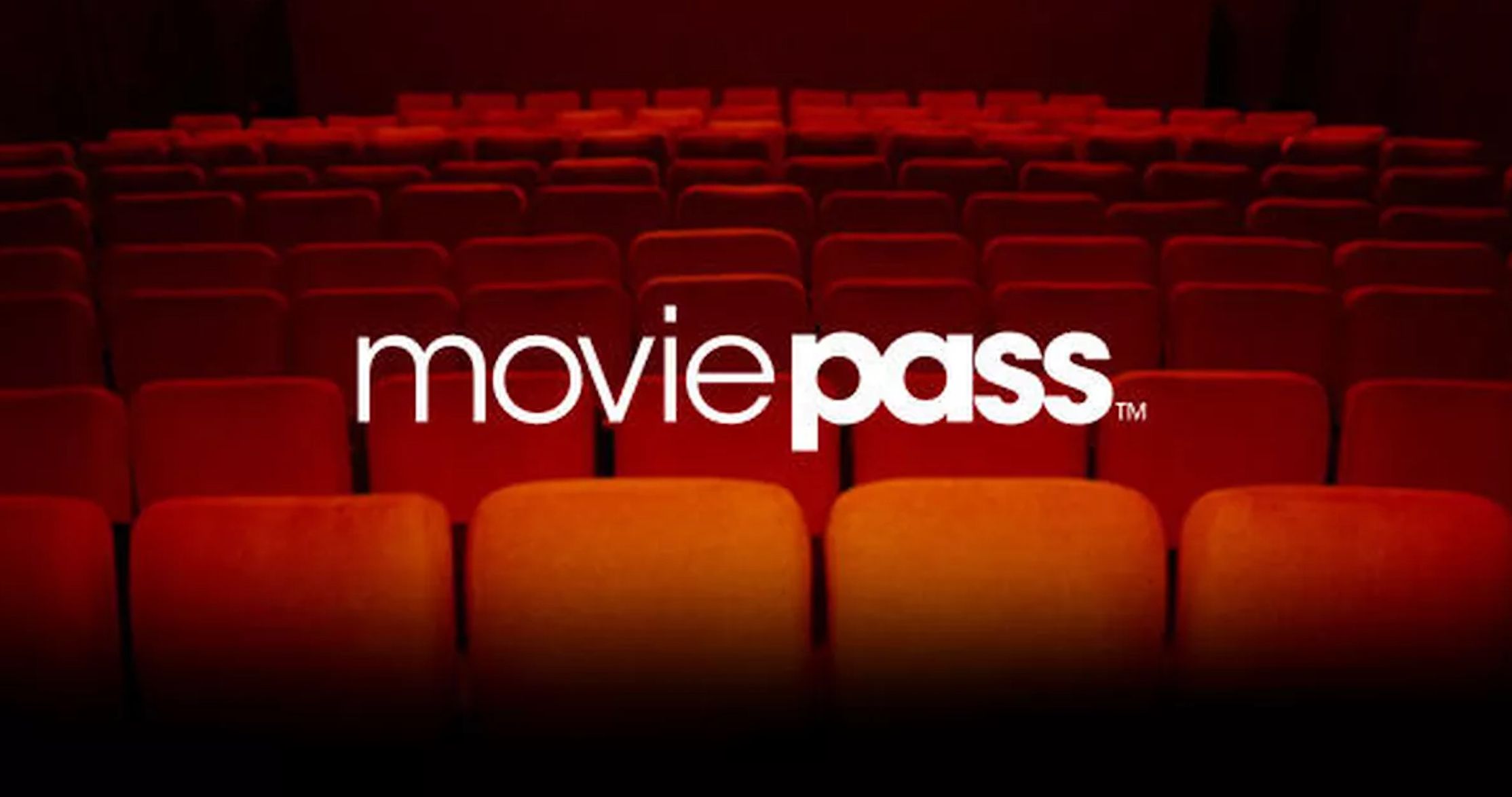MoviePass, a cinema ticket subscription service, has been accused by the Federal Trade Commission (FTC) of actively working to prevent its users from seeing films at cinemas. The service required customers to pay $9.95 per month in return for one free entry to a movie theatre each day. FTC now say that the service falsely invalidated its users' usernames and passwords, using alleged fraud as a cover-up.
The company launched in 2011, and was majority owned by Helios and Matheson Analytics. The idea was for paying subscribers to download the MoviePass app on their smartphone, choose a theatre and screening of their choice and check in. The application was even named amongst Business Insider's 25 Most Disruptive Apps of 2012 and The Best of Everything in 2012.
Shortly after MoviePass' launch, cinema companies such as AMC Theatres raised concerns over the service's business model and sustainability. These concerns were proved to be justified in July 2018, when the service was forced into a single-day shut down due to negotiations over a potential loan. Following the service's eventual retirement in September 2019, MoviePass' parent company filed for bankruptcy and announced that it had ceased all business operations.
In a new twist, according to an FTC press release, MoviePass invalidated the usernames of 75,000 customers, who were then locked out of their account, with the service's password reset process often failing. The commission also alleges that the company's CEO Mitchell Lowe and the CEO of MoviePass' parent company "knew of, ordered, or helped execute the password disruption programme". According to the press release, the service also launched a ticket verification programme which, again, did not operate correctly, blocking thousands of subscribers from using the service that they had paid for to attend movies at movie theaters. The release goes on to state the following.
"MoviePass' operators used 'trip wires' that blocked certain groups of users, typically those who viewed more than three movies per month, from utilizing the service after they collectively hit certain thresholds based on their monthly cost to the company".
"MoviePass' operators also failed to take reasonable steps to secure personal information it collected from subscribers, such as their names, email addresses, birth dates, credit card numbers, and geolocation information, the FTC alleges."
"For example, the company stored consumers' personal data including financial information and email addresses in plain text and failed to impose restrictions on who could access personal data."
Both the MoviePass subscription service and its parent company have agreed to settle the FTC's allegations. These settlements include assurances on the implementation of more effective data security measures and the misrepresentation of future businesses. The key element of these settlements being the measures against the misrepresentation of future businesses, given that MoviePass officially shut down in 2019. Ensuring this does not happen again was high on the list of priorities.
In truth, MoviePass was received with concern from the start. The service's 21-cinema pilot scheme, based in San Francisco, was called off early following the objections of AMC Theatres and Landmark Theatres. At the time, co-founder of MoviePass Stacy Spikes exclaimed to Deadline Hollywood that he "imagined a day where studio executives can see real-time decisions that subscribers are making from their phones and devices.
"If studios say they are not interested in being able to talk to their customers, knowing what they are thinking and being able to notify them of things like ancillary items, and that theatre owners aren't interested in having these people go to the movies more, and drive up concessions sales, and having us put all this in the palms of their hands, then I'm in the wrong business."
MoviePass teased a comeback earlier this year, but nothing has been heard about that since. This news originated at Mashable.

